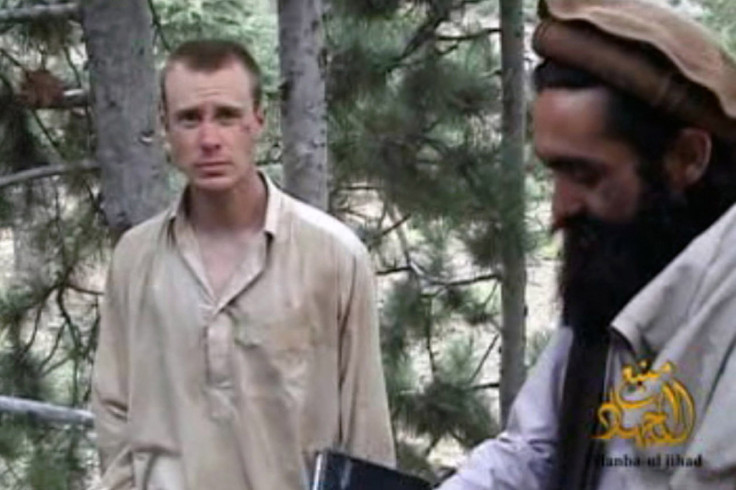Taliban Hostage Sergeant Bowe Bergdahl Arrives Back in United States

Released Taliban hostage sergeant Bowe Bergdahl has arrived at a Texas military base after his stay in a hospital in Germany to continue his "reintegration mission".
Bergdahl, 28, is to be taken to a military medical facility where he will be reunited with his family, according to officials.
"Our first priority is making sure that sgt Bergdahl continues to get the care and support he needs," Pentagon press secretary Rear Adm John Kirby said in a statement.
The sergeant went missing in unknown circumstances in June 2009. Some US officials have claimed that he was captured after walking away from his unit.
The swap of Bergdahl for the release of five Taliban leaders has drawn criticism for emboldening those who see value in kidnapping American targets.
Republican senator Ted Cruz, on ABC's This Week programme, asked: "What does this tell terrorists?
"That if you capture a US soldier, you can trade that soldier for five terrorist prisoners."

The US army is allegedly preparing a full high-level inquiry into the released Taliban hostage's disappearance and his personal conduct.
The military is to investigate the circumstances which resulted in the deaths of six soldiers -- all colleagues of Bergdahl's -- who died during the search for the missing sergeant.
A letter sent from the sergeant to his family while in captivity was published this week by The Daily Beast, offering an insight into his reasons for abandoning his post.
"Leadership was lacking, if not non-existent" at the Afghanistan post, Bergdahl wrote in the letter, sent via the International Red Cross, dated March 23, 2013.
"The conditions were bad and looked to be getting worse for the men that where actuly (sic) the ones risking thier (sic) lives from attack.
"The cercomstance (sic) showed signs of going from bad into a nightmare for the men in the field," he wrote.
"Unexeptable (sic) conditions for the men working and risking life every moment outside the wire."
© Copyright IBTimes 2025. All rights reserved.






















